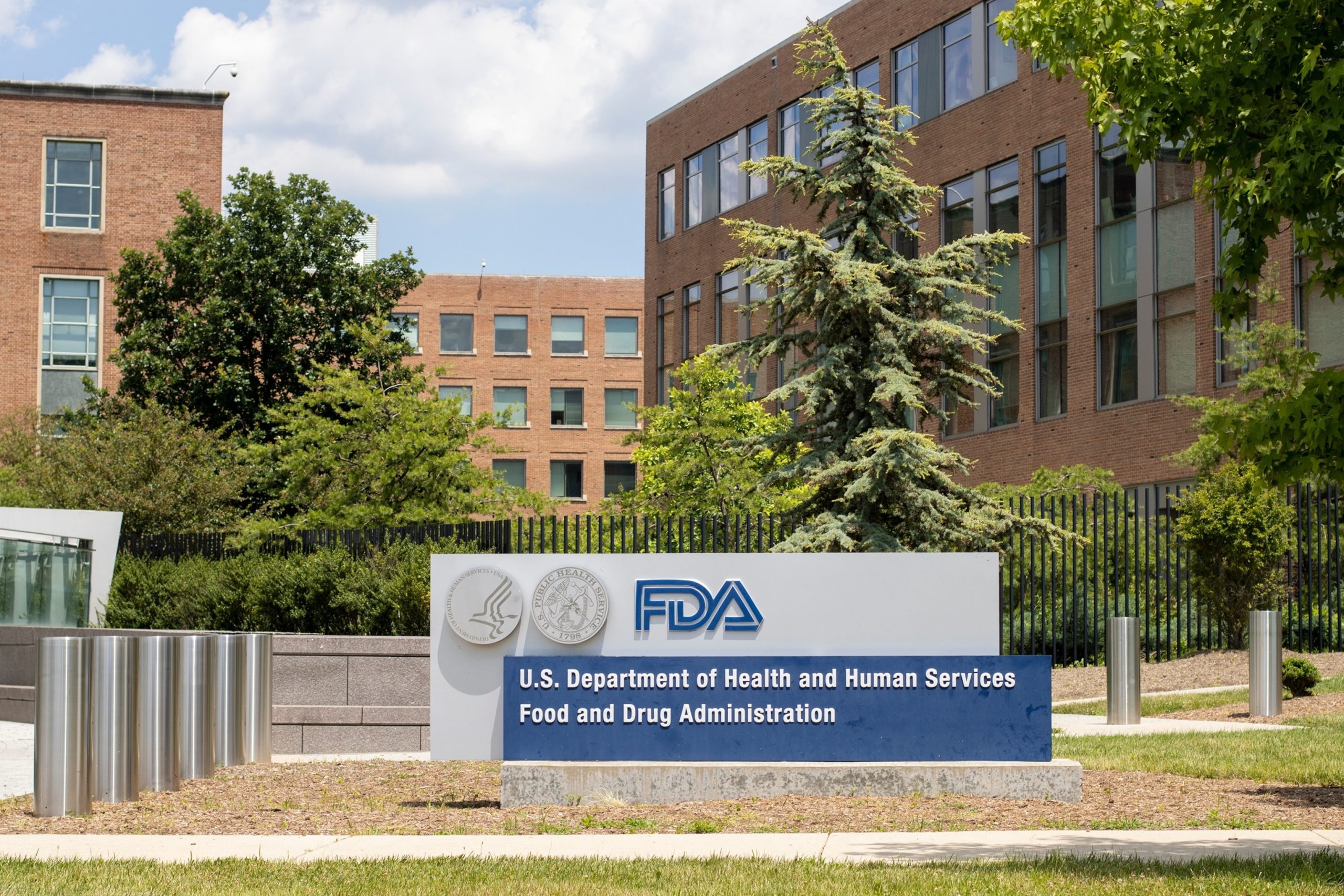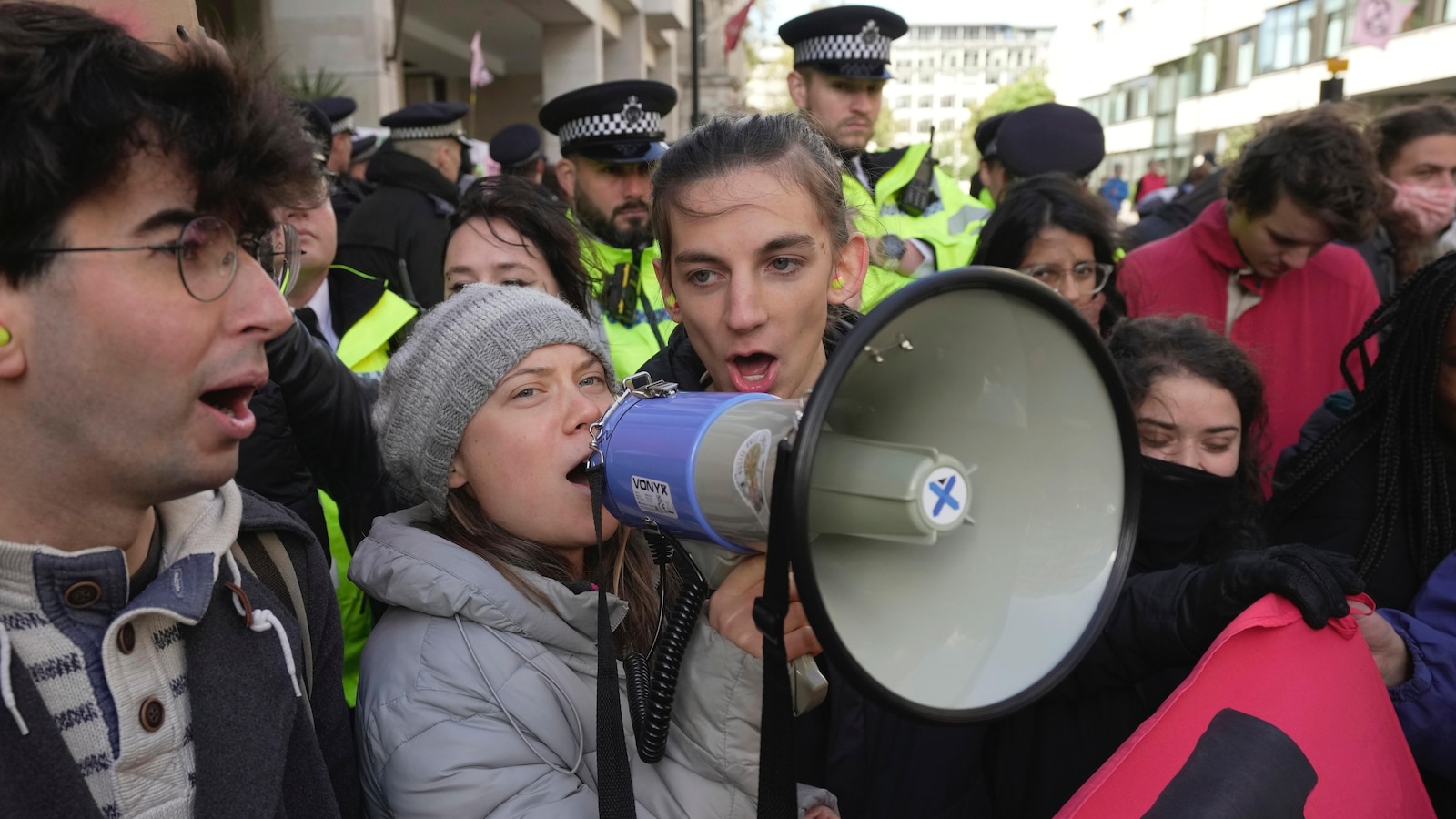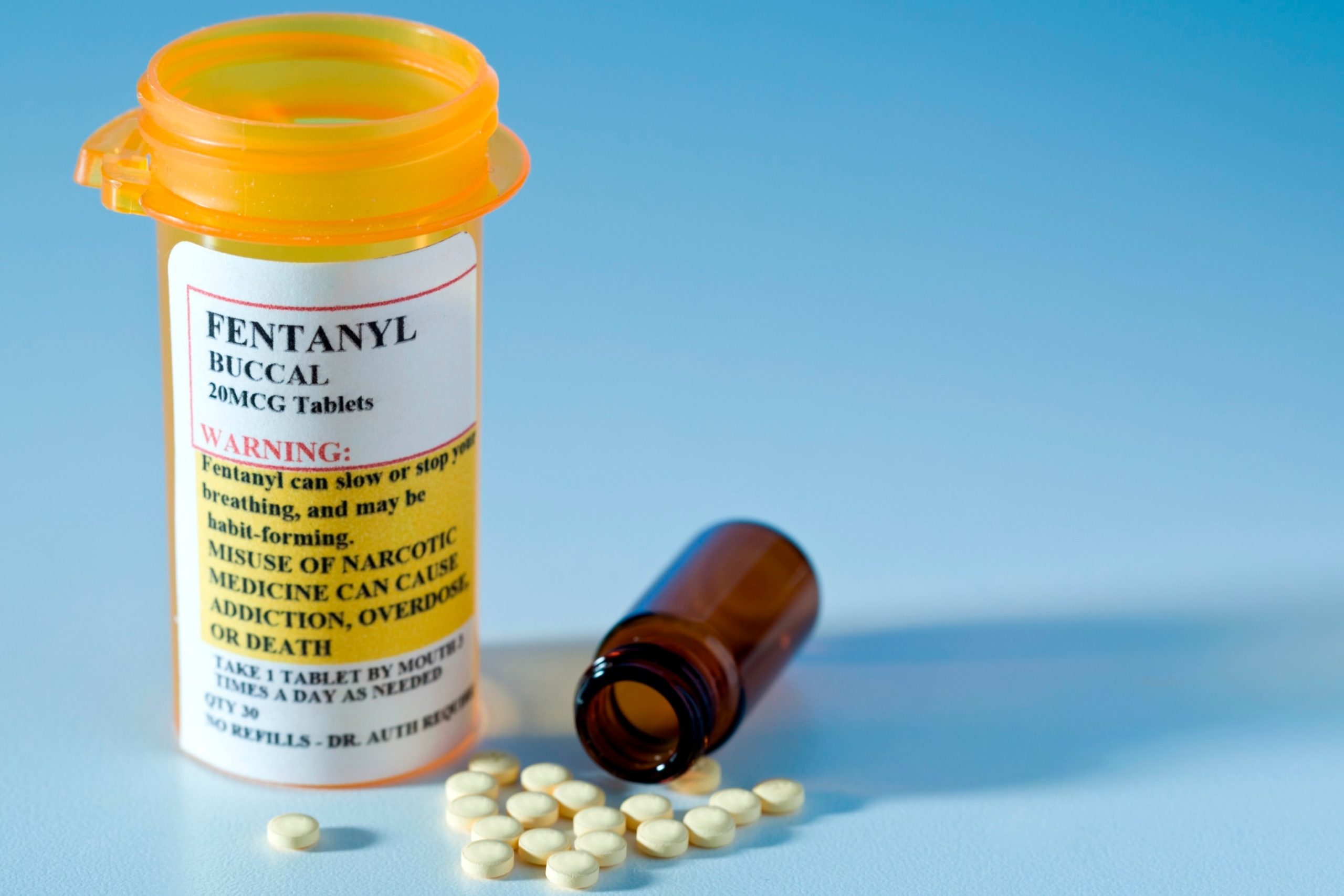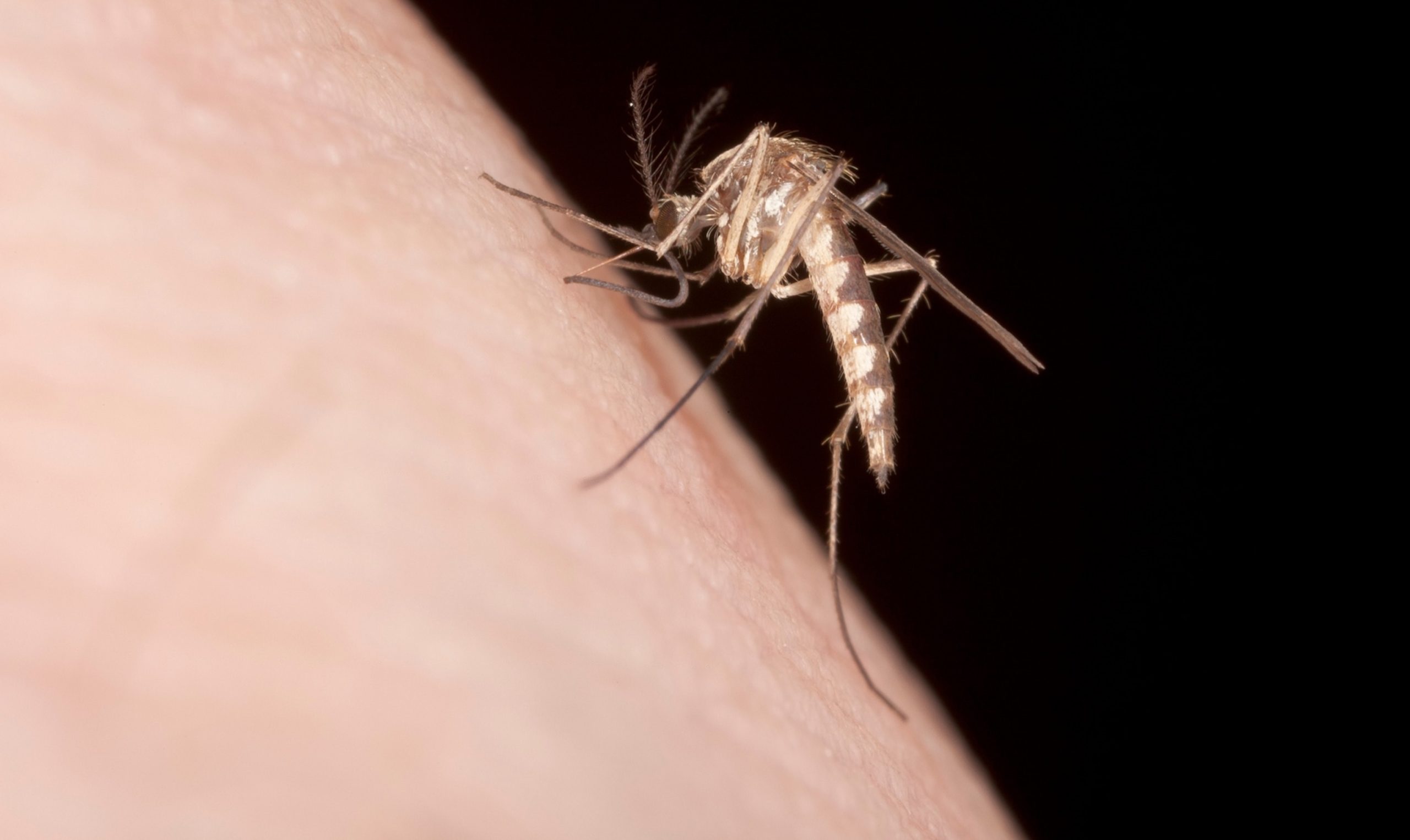The U.S. Food and Drug Administration approved and granted emergency use authorization Thursday for updated COVID-19 vaccines for the upcoming fall and winter season.
The FDA said the vaccines will target the KP.2 strain, which is an offshoot of the omicron variant.
The federal health agency said the decision applies to the vaccines manufactured by Pfizer-BioNTech and Moderna. No decision has been made on the vaccines from Novavax.
“Vaccination continues to be the cornerstone of COVID-19 prevention,” said Dr. Peter Marks, director of the FDA’s Center for Biologics Evaluation and Research, in a statement. “These updated vaccines meet the agency’s rigorous, scientific standards for safety, effectiveness, and manufacturing quality.”
“Given waning immunity of the population from previous exposure to the virus and from prior vaccination, we strongly encourage those who are eligible to consider receiving an updated COVID-19 vaccine to provide better protection against currently circulating variant,” the statement continued.
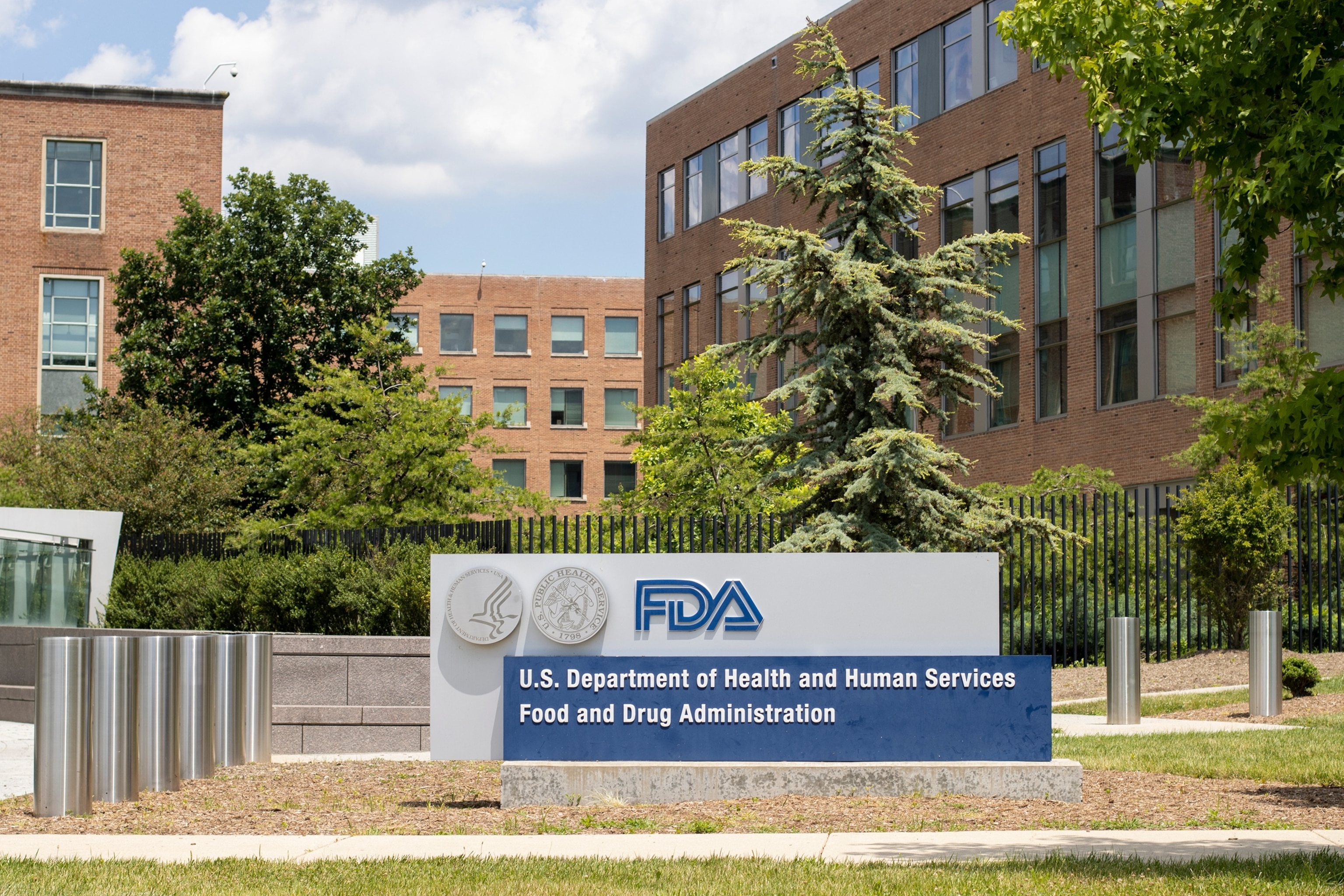
In this June 25, 2022, file photo, the FDA White Oak Campus, headquarters of the United States Food and Drug Administration (FDA), a federal agency of the Department of Health and Human Services , is shown in Silver Spring, MD.
Getty Images, FILE
The CDC previously recommended that everyone ages 6 months and older receive an updated vaccine. The updated vaccines from Pfizer-BioNTech and Moderna will be available for those 6 months old and older
Vaccine manufacturers told ABC News the vaccines are expected to be available in the coming week.
Winter months tend to see an increase of respiratory illness spread, including COVID, flu and RSV. COVID, particularly, typically spikes in the winter and summer months.
“These updated COVID-19 vaccines come at a crucial time as we head into the fall and winter months, when respiratory viruses tend to surge,” said Dr. John Brownstein, an epidemiologist and chief innovation officer at Boston Children’s Hosptial and an ABC News contributor. “By targeting the most currently circulating variants, these vaccines offer us a better chance at reducing severe illness and keeping communities safe.”
The CDC has said that it is safe to receive a COVID-19 vaccine at the same time as a flu shot or an RSV vaccine, for those who are being eligible.
Anyone who has recently had COVID, may want to consider delaying getting vaccinated by three months, according to the CDC.
Those who are covered by Medicare, Medicaid or private insurance will receive coverage for the updated vaccines.
In previous years, the CDC had a Bridge Access Program that provided free COVID-19 vaccines to adults without health insurance and adults whose insurance does not cover all COVID-19 vaccine costs. The program is ending in August 2024. It remains unclear what might be available to provide access to this population.
Unvaccinated children from ages 6 months through 4 years are eligible to receive three doses of the Pfizer vaccine or two doses of the Moderna vaccine. Children in this age group who are vaccinated are eligible to receive one or two doses of either vaccine.
Those who are 5 and older, regardless of vaccination status, are eligible to receive a single dose of the updated vaccine. If they have been previously vaccinated, it should be at least two months after the last dose.
The FDA said additional doses are authorized for certain immunocompromised individuals aged 6 months through 11 years.
“It’s important for everyone aged six months and older to consider getting this updated shot. We know that that immunity wanes over time, and staying up to date with vaccinations is the best way to maintain strong protection against COVID-19, especially with new variants emerging,” Brownstein said.
ABC News’ Youri Benadjaoud contributed to this report.
As the COVID-19 pandemic continues to evolve, the Food and Drug Administration (FDA) has approved revised versions of the existing COVID-19 vaccines to better protect against new variants of the virus that may emerge during the fall and winter seasons. This decision comes as health officials around the world are closely monitoring the spread of new variants and working to ensure that vaccines remain effective in combating the virus.
The FDA’s approval of revised COVID-19 vaccines is a crucial step in the ongoing effort to control the spread of the virus and protect public health. By updating the vaccines to target specific variants of the virus, researchers and pharmaceutical companies are able to stay ahead of the curve and adapt to the changing nature of the pandemic.
One of the key challenges in developing revised vaccines is identifying which variants are most likely to pose a threat in the coming months. This requires close collaboration between scientists, public health officials, and vaccine manufacturers to track the spread of new variants and assess their potential impact on vaccine efficacy.
In addition to updating the vaccines themselves, the FDA is also working to streamline the approval process for revised vaccines to ensure that they can be quickly authorized for emergency use if needed. This will help to expedite the distribution of updated vaccines and ensure that they are available to the public in a timely manner.
It is important for individuals to continue to follow public health guidelines, such as wearing masks, practicing social distancing, and getting vaccinated, to help prevent the spread of COVID-19 and protect themselves and others from infection. By staying informed about the latest developments in vaccine research and following recommended safety measures, we can all do our part to help bring an end to the pandemic.
Overall, the FDA’s approval of revised COVID-19 vaccines for the fall and winter seasons is a positive development in the fight against the virus. By staying vigilant and working together, we can help to ensure that vaccines remain effective in protecting public health and controlling the spread of COVID-19.
